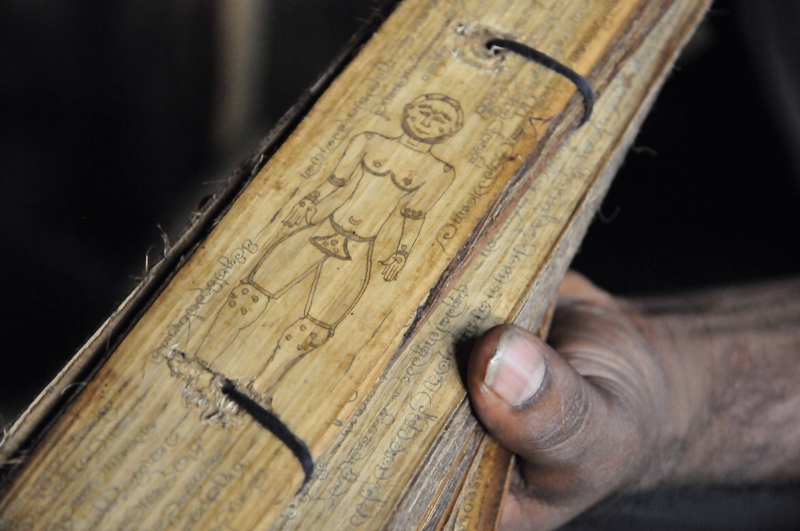I have a cold. There, I said it. I feel shame in my humanity in times like this. I am an Ayurvedic practitioner and teacher and should be immune to all forms of disease suffered by mere mortals. In the rejuvenation & longevity scenario, I will live forever, right? Ageless body? Well, today my body feels its age. And I caught a cold – runny nose, sneezing, coughing… the works. So, let me deconstruct this debacle.
Author: Mary Thompson
Mary Thompson is an internationally recognized leader in Ayurveda education ready to assist her colleagues as they study and practice Ayurveda. Mary Thompson is a Clinical Ayurvedic Specialist and Pancha Karma Specialist with twenty years of experience teaching at the California College of Ayurveda.
Assessing and Addressing your Stressing

Ayurveda, the word, means “life wisdom”. We could think of it as wisdom of our own lives. What brings us joy? What challenges us? When we know the answer to these questions, we can maximize those things that bring us joy and minimize our challenges. Sounds ideal, right?
The first step, though, is listening to our bodies and recognizing how we are reacting to the events of our days so we can identify our joys and our challenges. Too often we let the day unfold and react, react, react. By watching our breath, pulse, and focus, we can begin to identify our best of times and our worst of times and make a decision to move from reaction to pro-action. We can finally create the life we dream of. more “Assessing and Addressing your Stressing”
The True Age of Ayurveda
Ayurveda, in my opinion, is as old as the first humans. The term means “Knowledge of Life”, and that knowledge is not limited to the appearance of a codified expression of the Ayurveda in writing. I am not a young Earth proponent, and I don’t go along with the belief that Ayurveda is 5000 years old. I now believe that Ayurveda is a part of our consciousness and that it has existed as long as we have, though we may not have named it or recognized it as the healing science we do today.
This thought occurred to me one hot August day when watching the squirrels in my yard gathering pine needles to make their winter nests. The temperature was well over 90 degrees (32 C) and there was no indicator that I could see that they should be aware of or concerned about the impending change of season. My “Aha!” moment came when I realized that they lived so closely in alignment with nature, that they knew instinctively what to do and when to do it. There was no grandmother squirrel telling them to be aware of the need for a warm nest; rather, they were in sync with the seasonal shifts and knew what to do in order to be prepared for the coming winter. If they waited until they were cold to build a nest, they would die.
Early humans would have been no different from these squirrels. They lived in close connection with the natural world. They were attuned to its shifts and variances and saw the clues to this in the plants, animals, and environmental factors. This, to me, is life knowledge~ Ayurveda! This is the knowing of the totality of life and of one’s place in relationship to that totality. This divined science is part of our DNA; it is instinctive. Ayurveda, then, is as old as time.
Ditch the Food List- These 8 Factors are Better
Food lists. Every introductory book on Ayurveda has one. You, like me, may have started out your practice giving your client a cumbersome list of foods that are “good” to eat and those that they should avoid.
Oftentimes, the next office visit would be focused on a review of these lists and, if your client was exceptionally Pitta, a detailed accounting of the how, why, and wherefore of each foods placement on the list, accompanied by bargaining for circumstances in which they could sneak a forbidden food into the acceptable category.
Do you think that thousands of years ago, the earliest Ayurvedic practitioners were using lists of foods to direct their clients in their dietary choices?
In the first chapter of the Charaka Samhita, the eight factors affecting food’s utility are detailed1. This, to me, is much more useful than a food list, primarily because the food list is only concerned with one of these eight factors, the Prakruti, or nature of the food.
By educating our clients about these eight factors affecting the usefulness of the food to the body, they are empowered to make appropriate food choices in every moment, even if they have left their food list at home.
Cumin, Coriander, Fennel Tea Toxic? No Way!
 Are clients ever leery of your recommendations because of something they read somewhere?
Are clients ever leery of your recommendations because of something they read somewhere?
Herbs are often subject to speculation. It is good to know what it is you’re taking and whether or not it is safe but sometimes clients are misinformed about the potential dangers of an herb formulation, and the arguments against its ingestion may sound very compelling.
This was recently brought to my attention when a colleague sent me an article on an old standby, tea made with cumin, coriander, and fennel, sometimes called CCF Tea.
The article in question may be found here. The author sounds very angry about this tea for some reason, even going so far as to say it has an “awful flavor” and that they “hate it”. I understand; this tea is not for everyone, but is it dangerous? They cite studies that, they claim, support this assertion, but I read their linked studies and came to a different conclusion. Follow me down the rabbit hole of this research…


